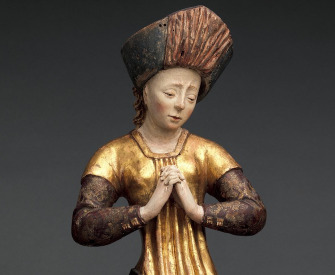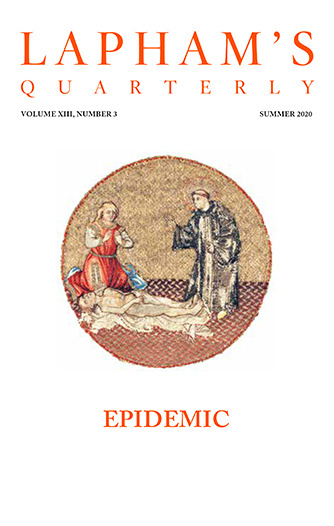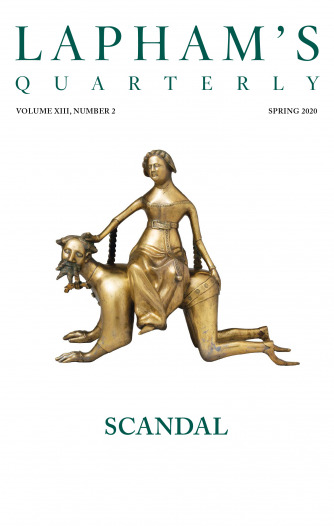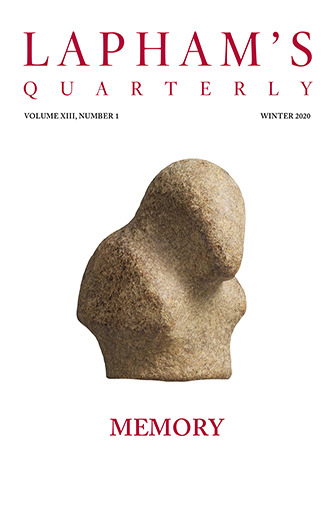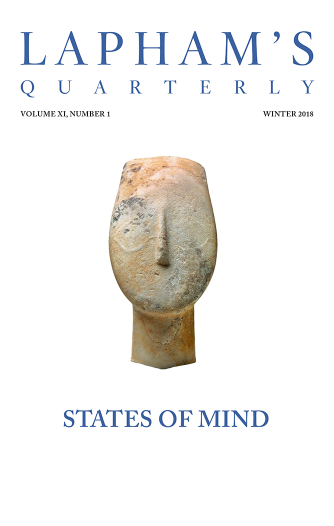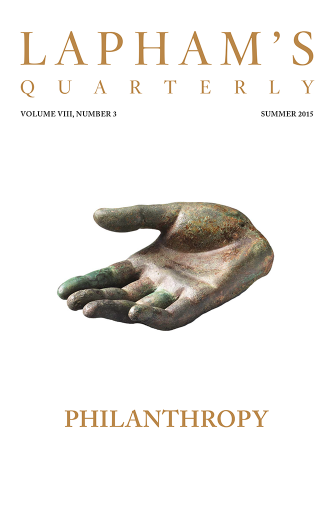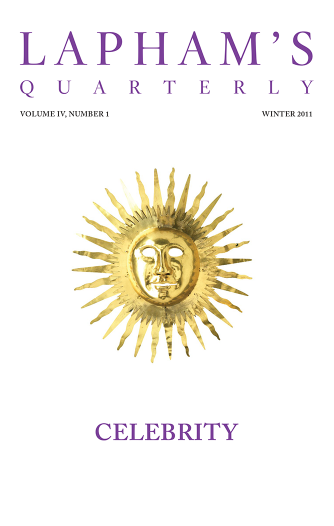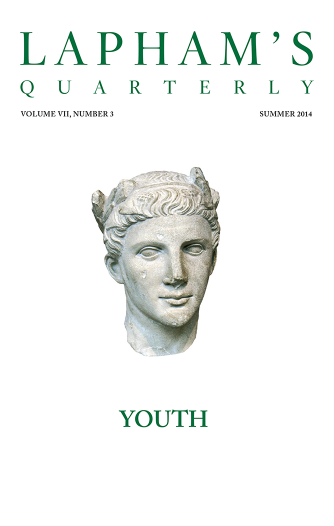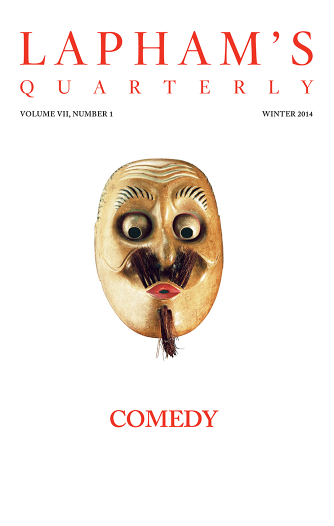
George Eliot
(1819 - 1880)
Mary Ann Evans took the pseudonym George Eliot in 1857 while trying to sell her first story, “The Sad Fortunes of the Reverend Amos Barton,” to a publisher in Edinburgh. The author of Middlemarch borrowed George from her lover George Henry Lewes and chose Eliot, she said, for being “a good, mouth-filling, easily pronounced word.”
